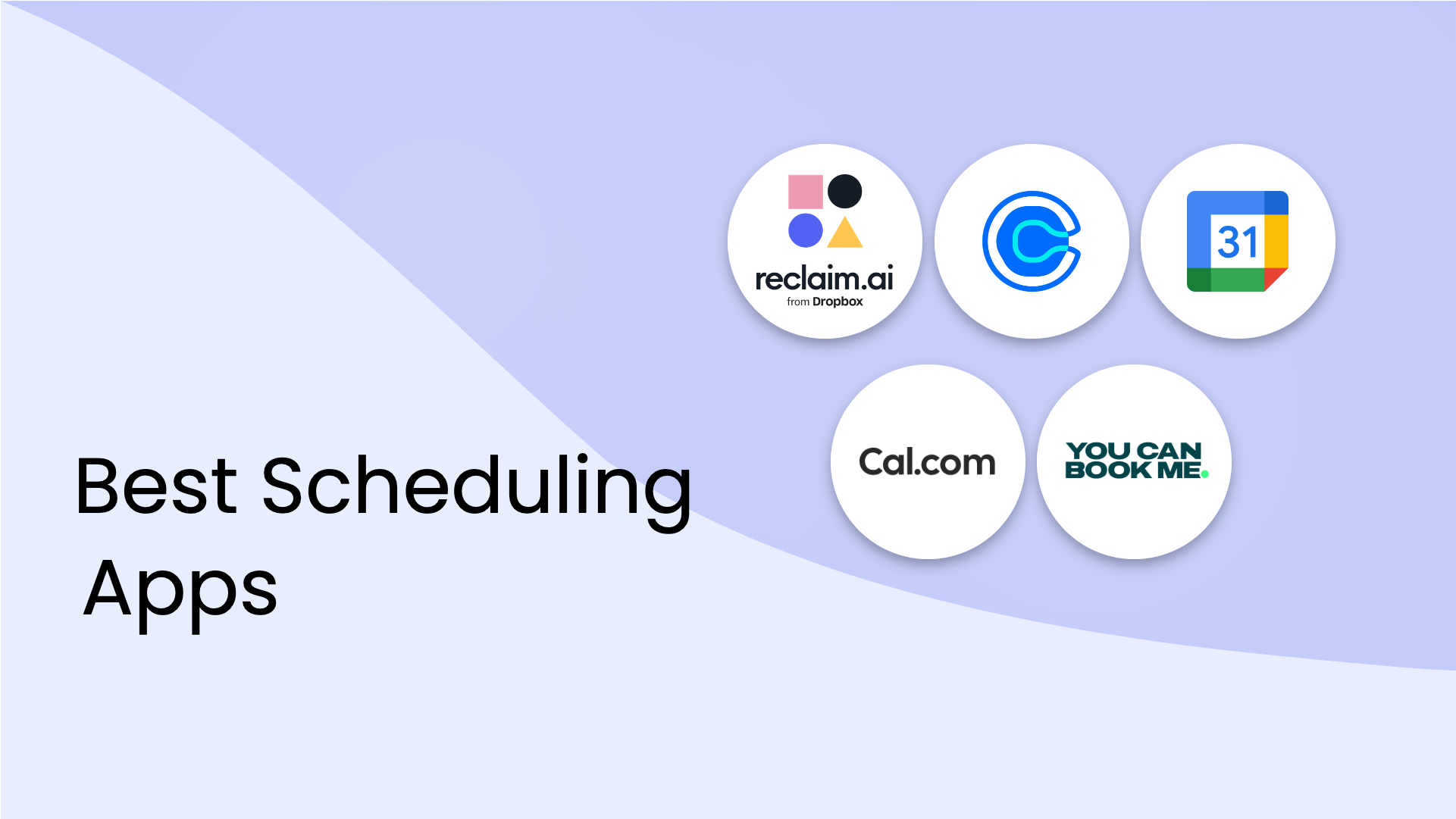If you're like most leaders at most companies, an all-remote environment is brand new to you.
Maybe you had a few remote employees before, but now you have hundreds or thousands of people all working from home. Many of these people are flexing their WFH muscles for the first time, and they're having a lot of trouble making the transition.
Something we've heard consistently from our users -- managers and individual contributors alike -- is that they're finding themselves working longer days, forgetting to do simple things like eating lunch, and generally feeling more burnt out without an office to keep their days structured.
You are at the forefront of this challenge. As the people in the org who kept an eye on employee burnout in the past, those signals are now hidden from view. You need new solutions for remote employees to keep them from sliding off the rails.
We've always believed that your calendar should reflect your priorities, and that it should be a record of what you intend to get done every day. As teams move to working from home, this concept is more essential than ever.
Calendars need to move from loose approximations of our days to a more exact record of how our days are structured. In other words, if it's not on the calendar, it's not going to happen.
Before, we all ate lunch because we saw everyone leave the office at noon. Now, that signal is gone. We also left at 5 or 6pm when we saw others leaving. Again, that isn't happening anymore.
To that end, here are a few tips on making sure your employees are keeping their calendars and workdays under control.
Taking a break to eat is essential to employee sanity and health. Spending lots more time at home is a strange silver lining within this crisis: we now get moments with our families to do things like eat lunch, making it an even more important thing to make time for.
Yet, as the transition to WFH has begun, we keep seeing tweets like these:

The solution most folks have implemented is to keep a single block recurring on their calendar for lunch. This is a great start, but it has a major flaw: what happens when someone books a meeting at that time?
If you're really diligent about managing your calendar, maybe you'll move your lunch time to the next free slot before it fills up -- but if you forget to do that, you'll be having meetings for lunch that day.
This is exactly why we built LunchBuddy. It looks for time on your calendar between 11:30am and 2pm, plops down a time block, and then automatically reschedules and defends itself as your day fills up.

This is a great way to help your team remember to do the basic thing: eat lunch, every day, even if their schedules are nuts.
Another thing we're seeing among remote workers is a tendency to stay working much, much later than usual. Some of this is driven by meetings, but a lot of it is driven by a newfound lack of structure. How do you make sure that people tear themselves away from their desks at a reasonable hour?
One tactic we've been using for years is to "bookend" days: that is, have an event at the beginning of your day that you use to catch up on email and pull yourself out of the snowdrift, and another at the end of the day that allows you to knock off your tasks before signing off for the evening.
We've built something that helps a lot with this. We call it Catch-Up Time. It creates couple of anchoring events every day to keep your schedule balanced, both of which flexibly reschedule as interruptions occur. These events give your team focus time throughout the day to prevent emails and Slacks from leaking over into their evenings.

Even as we're not doing many errands these days, the need for work-life balance remains imperative. And, because the schedule is setting the stage for how our days will go, a lack of personal time blocked out on the calendar will inevitably start infringing on that balance.
Months ago, we built a feature called LifeWork that defends events from your personal calendar on your work calendar so that others don't book over them. So if your family has an event on your personal calendar that reminds everyone to take a walk together in the neighborhood or eat dinner together at a certain time, you need to make sure that event is blocked on your work calendar so that you don't neglect it.
.gif)
Encourage people to book time on their personal calendars for taking breaks, for taking time with their families, and for getting the space they need to be effective and happy.
Remember: they're at home, so their work and personal lives have never been more commingled.
Even as people are canceling vacations, taking PTO / FTO for a day to relax and unplug remains essential to our mental health. Encouraging people to take the time they need, to not shy away from a short vacation away from work, will go a long way.
Reclaim offers stats that track how much personal and PTO time you're getting each week, and can be a helpful aid to making sure people take a breather now and then. While we're at it...
As the calendar becomes the record for where time goes, it's all the more necessary that we analyze and track it regularly. Unfortunately, this is really hard to do manually. In our research, most people don't do it at all, and those that do end up doing it so infrequently that it's hard to make changes in real time.
We're building a lot of new features to help people track where their time is going, but we have some basic stats that help people keep an eye on these numbers so they don't let their calendars get out of control. Your team can use these to measure their own schedules and make changes when things don't look right.

There are a few big questions that even these simple stats answer:
- Are people getting enough downtime for focused work and breaks?
- Are people in way too many meetings every day?
- Are people getting enough personal time to maintain their work-life balance?
- Are people getting time off regularly enough to get a break from work?
Encourage people to track these metrics and pay attention to them. They can be the difference between someone who burns out and someone who doesn't.
It's imperative that we maintain our routines right now. We need to have WFH schedules that still feel regular, even if the circumstances outside of our homes aren't. We need time with our families and with ourselves, even as we continue virtually going to work each day.
Giving your team a sense of balance, and giving them tools to maintain that balance, is one of the most important things you can do to lead them in this moment.
If you want to learn more about Reclaim, or if you want to look into bringing it onboard for your team, give us a shout.










.png)




















